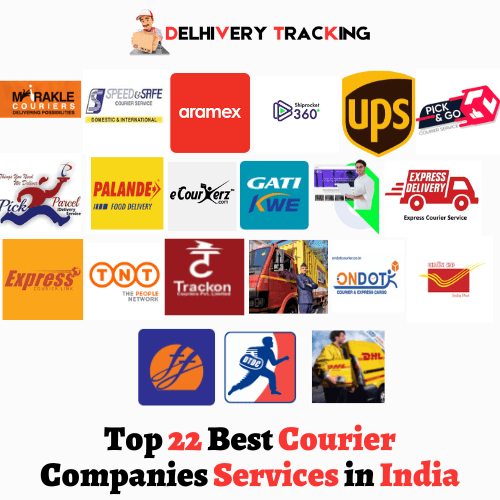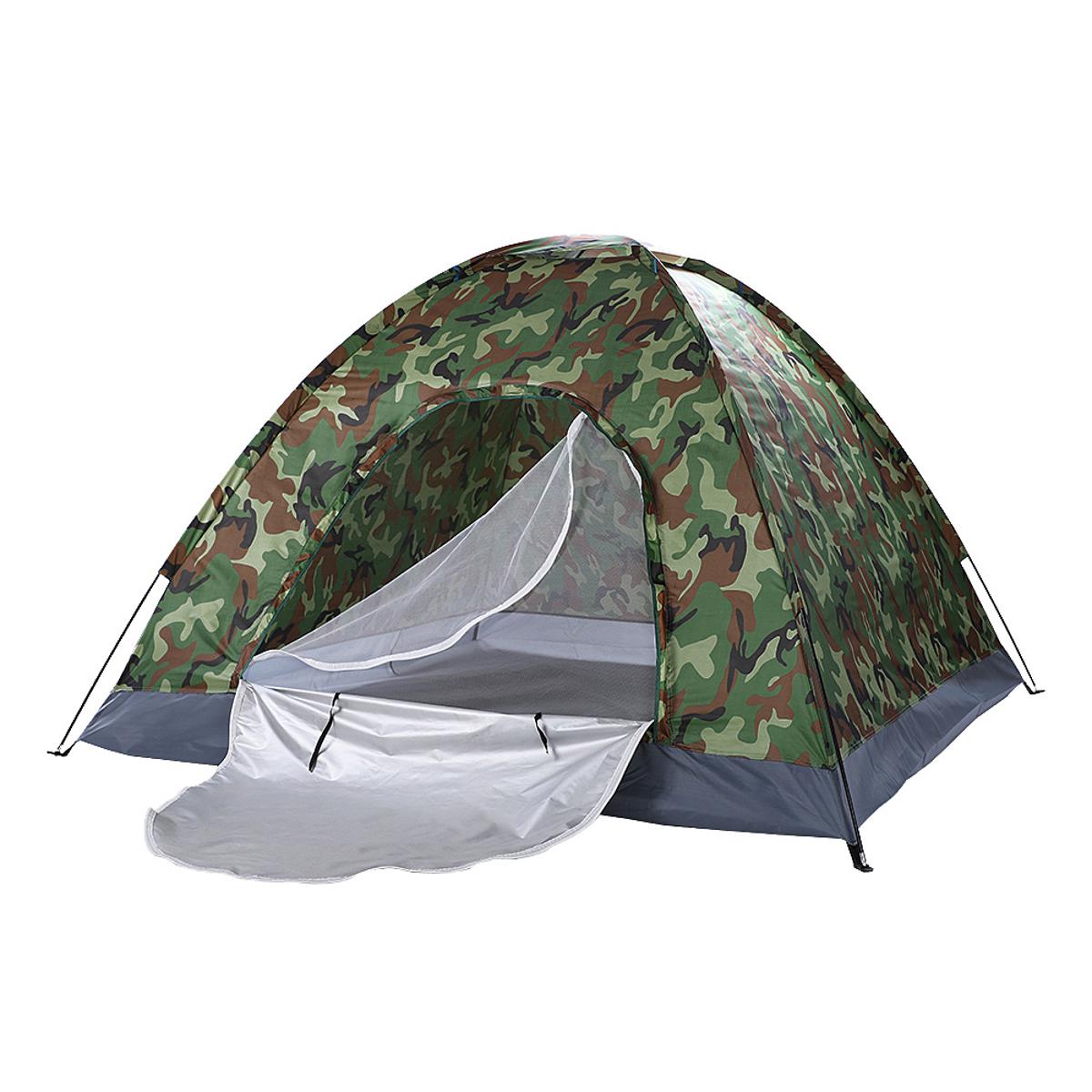Online Privacy: A Growing Concern
Online privacy has become a major concern in today’s digital age. With the increased vulnerability of personal information due to cybercrime and hacking incidents, it is essential to take effective protection measures. One of the best ways to safeguard your online privacy is by using a reliable VPN (Virtual Private Network). A VPN creates a secure, encrypted connection between your device and the internet, ensuring that your data remains private and protected from prying eyes. By rerouting your internet traffic through a remote server, a VPN hides your IP address and encrypts your data, making it virtually impossible for anyone to track or intercept your online activities. Furthermore, a VPN gives you the ability to bypass geographical restrictions, allowing you to access blocked content and enjoy unrestricted internet browsing. Whether you are using public Wi-Fi or simply want to maintain your privacy online, using the best VPN is essential for safeguarding your personal information and ensuring a secure browsing experience.Understanding Vpns: The Basics
A VPN (Virtual Private Network) is a technology that creates a secure connection over a public network, such as the internet. It achieves this by encrypting your data and transmitting it through a remote server, which allows you to browse the web privately and securely. When you connect to a VPN, it masks your IP address and location, making it difficult for anyone to track your online activities. Using a VPN provides several benefits for online privacy. It allows you to browse the internet anonymously, protecting your sensitive information from hackers and identity thieves. It also helps bypass geo-restrictions, giving you access to content that may be blocked in your region. When choosing a VPN provider, it’s essential to consider a few factors. Look for a provider that offers strong encryption protocols, a wide range of server locations, and fast connection speeds. Additionally, consider the policy on logging user data and whether they have customer support available.| Factors to consider when choosing a VPN provider |
|---|
| Strong encryption protocols |
| Wide range of server locations |
| Fast connection speeds |
| No-logging policy |
| Available customer support |
Evaluating The Best Vpn Providers
When selecting a VPN provider, there are several factors to consider that can help you make an informed decision. The top VPN providers in the market offer different features, performance levels, and pricing structures that cater to various user needs.Factors To Consider When Selecting A Vpn Provider:
- Security and Privacy: Look for VPNs that offer high-level encryption, strict no-logs policy, and advanced security protocols.
- Server Network: A wide selection of servers in various locations ensures better connection speeds and access to geo-restricted content.
- Speed and Performance: Choose VPNs that provide robust infrastructure and optimized servers for fast and reliable connections.
- Customer Support: Reliable customer support can help resolve any issues or concerns quickly and efficiently.
- User-Friendly Interface: An intuitive interface makes it easier to navigate through the VPN software and configure settings.
Comparing Features, Performance, And Pricing:
Comparing the features, performance, and pricing of different VPN providers can give you a better understanding of the value they offer. Consider factors such as the number of simultaneous connections, device compatibility, additional features like split tunneling or ad-blockers, and pricing plans that fit your budget.The Features To Look For In A Best Vpn
A reliable and secure Virtual Private Network, or VPN, is essential for safeguarding your online activities and protecting your personal information. When choosing the лучший впн(best vpn), there are several key features to consider:- Strong encryption and data protection: Look for a VPN provider that uses robust encryption protocols, such as AES-256, to ensure that your data is encrypted and secure from cyber threats.
- Vast server network for global accessibility: Opt for a VPN service that has a large number of servers located in various countries. This allows for easy access to geo-restricted content and ensures a stable and fast connection.
- User-friendly interface and cross-platform compatibility: A VPN with a user-friendly interface makes it easier for both beginners and experienced users to navigate and customize their preferences. Additionally, cross-platform compatibility ensures that you can use the VPN on multiple devices, such as smartphones, tablets, and computers.
Best Vpns For Different Privacy Needs
When it comes to privacy protection, finding the best VPN is essential. VPNs not only allow you to access geo-restricted content but also provide secure browsing and protect your private data. For those who want to access content that is blocked or limited in their region, VPNs for accessing geo-restricted content are the best choice. These VPNs mask your IP address, allowing you to bypass any restrictions and enjoy your favorite shows, movies, or websites. If you’re concerned about your privacy and want to protect your personal data from prying eyes, VPNs for secure browsing and private data protection are what you need. These VPNs encrypt your internet connection and create a secure tunnel between your device and the websites you visit. This ensures that your online activities are kept private and your data is safe from hackers or government surveillance. For those who value digital anonymity and want to browse the internet without leaving any traces, VPNs for anonymous surfing and digital anonymity are the way to go. These VPNs not only hide your IP address but also offer features like no-logs policy and advanced privacy settings to ensure your online identity remains completely anonymous.Setting Up And Using A Vpn: A Step-by-step Guide
Installing the VPN software or app: The first step in setting up a VPN is to install the software or app on your device. To do this, simply visit the VPN provider’s website and download the appropriate software for your operating system. Once downloaded, follow the on-screen instructions to complete the installation process. Configuring the VPN settings for optimal privacy: After installing the VPN software, you will need to configure the settings to ensure optimal privacy. This typically involves choosing a server location, enabling features such as kill switch and split tunneling, and selecting the desired encryption protocol. It’s important to choose a server location that is geographically close to your actual location for faster connection speeds. Troubleshooting common VPN issues: While VPNs are designed to work seamlessly, you may occasionally encounter some issues. Common problems include connection drops, slow speeds, and compatibility issues. To troubleshoot these issues, try reconnecting to a different server, restarting your device, or contacting the VPN provider’s customer support for further assistance.Maximize Your Online Privacy With A Vpn
Adding a VPN to your online security toolkit is a smart move to protect your privacy. However, to maximize your online privacy with a VPN, there are a few things you should keep in mind: 1. Ensuring secure browsing and data transmission:- Choose a VPN provider that offers strong encryption protocols like AES-256.
- Always connect to the internet through the VPN and avoid accessing sensitive information on public Wi-Fi networks.
- Regularly update your VPN software to benefit from the latest security patches.
- Opt for a VPN that has a strict no-logs policy and operates under privacy-friendly jurisdictions.
- Disable location-based services on your devices and use a VPN server located in a different country for enhanced privacy.
- Be cautious of phishing attempts and only access websites with HTTPS encryption.
- Consider using additional security measures like antivirus software and a firewall.















Leave a Reply